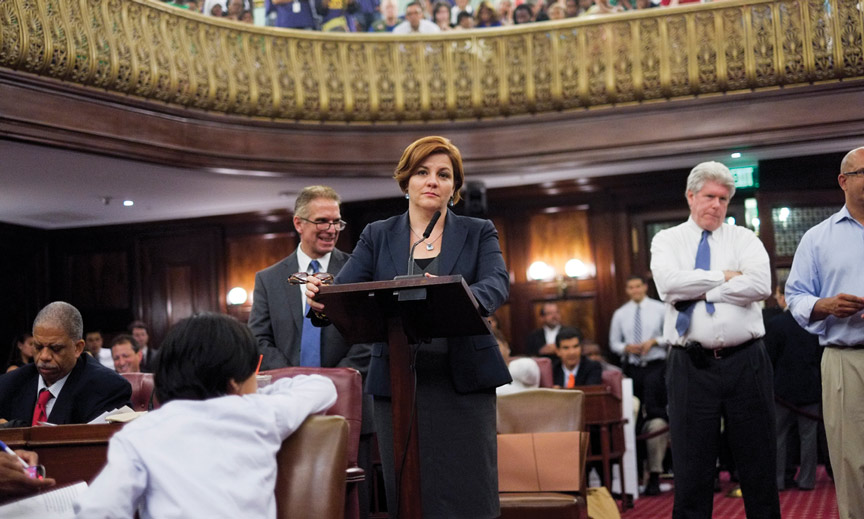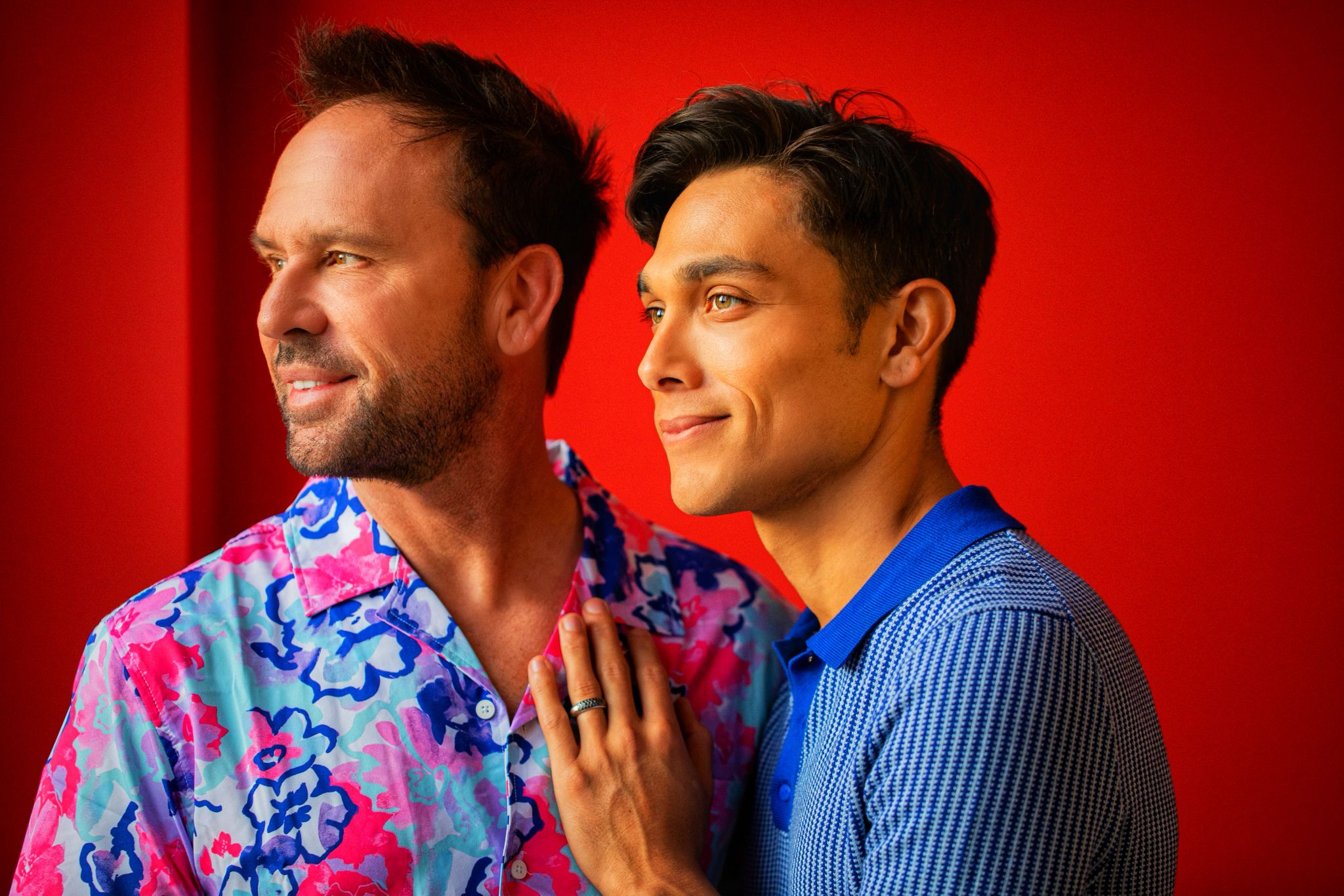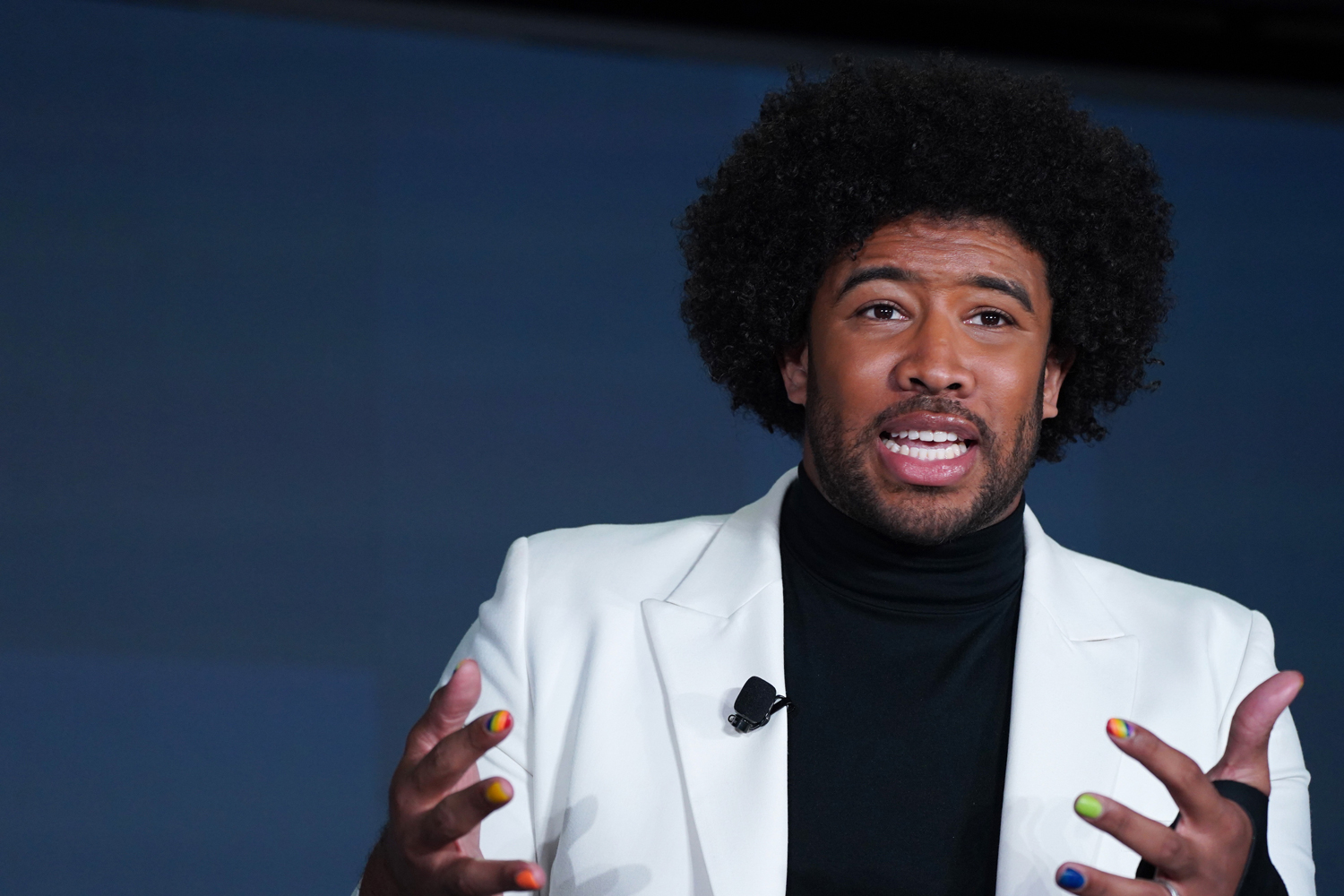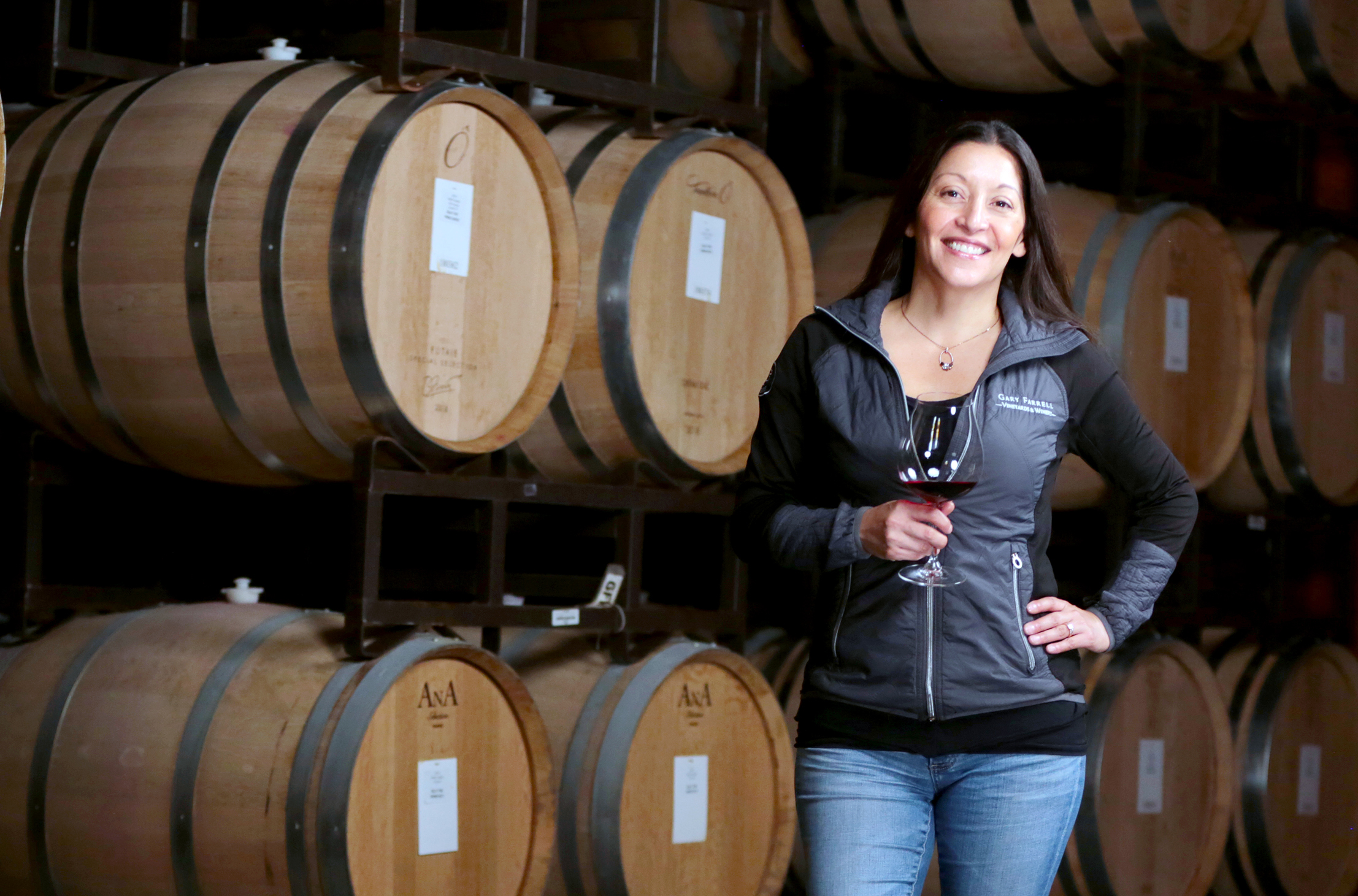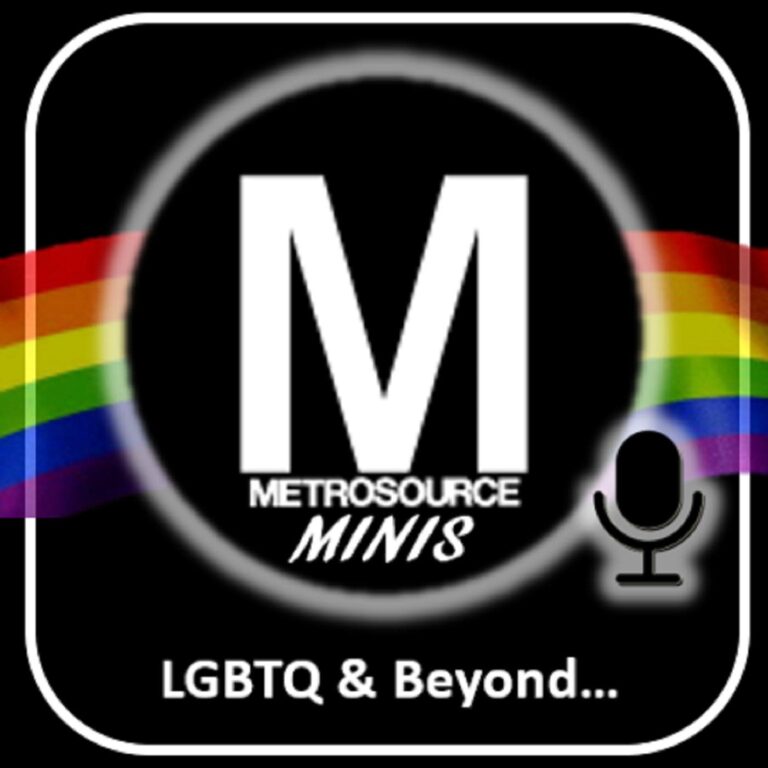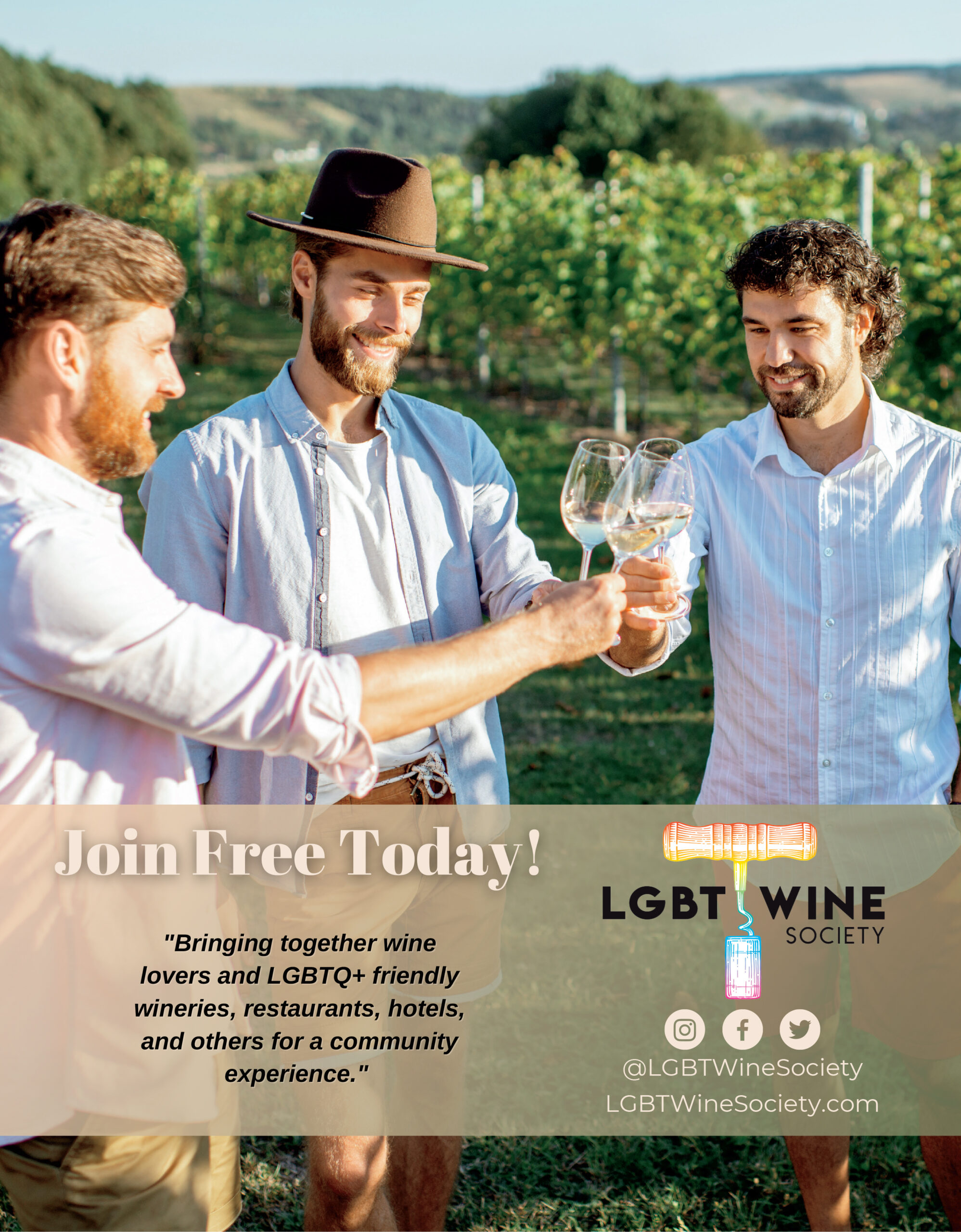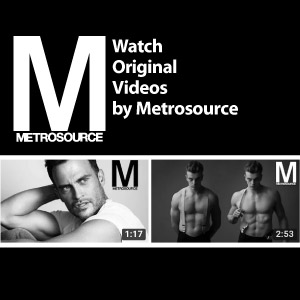From City Council Speaker to mayoral candidate to outspoken activist and advocate, Christine Quinn has spent her career waging war on the status quo. We sat down with her to discuss everything from gubernatorial candidates to LGBTQ rights and the #neveragain movement.
Christine Quinn has a lot to say, and sometimes that gets her into trouble, but trouble has never slowed her roll. Since 2015, the 51 year-old Quinn has helmed WIN, NYC’s largest provider of shelter and supportive housing for the city’s homeless families. The New York native first entered political life in 1991, when she managed the campaign of Thomas Duane, who eventually went on to become the first out member of the New York City Council. She served as his Chief of Staff for five years, then in 1999 ran for City Council’s 3rd district and won.
In 2006, after six years on the Council, she became the first female and the first LGBTQ City Council Speaker. During her tenure, she earned her rep as a tough opponent who wasn’t shy about expressing herself — sometimes loudly. She was also criticized for what seemed to some like blanket approval of then-Mayor Michael Bloomberg’s policies. But as Speaker, she also sued the Bloomberg administration over policy changes that would have decreased services for homeless men and women. She considers it one of her proudest moments. “It’s not an easy thing to take the mayor to court if you are Speaker. And Bloomberg was not a subtle mayor. But I was proud of myself and of the council. He was attempting to strip the city’s homeless of services and circumvent the power of council and we stood up and said, ‘This is wrong.’ And we won.”
More Content from MetrosourceQuinn is well versed in navigating the labyrinth of politics and a politics-adjacent life. This makes her perfectly suited to fight for the city’s less fortunate in her role at WIN. She is also a political pundit for CNN, and often uses her celebrity to advocate for a wide range of causes such as women’s rights, homelessness, and LGBTQ rights. Case in point: In a recent panel discussion on Anderson Cooper 360°, she went head to head with former Trump campaign advisor and current Trump apologist Stephen Moore, who said Senator Elizabeth Warren was “cold and unlikeable.” Quinn fired back, saying those words sounded a lot like misogyny. It’s a subject she speaks about frequently and passionately. “A reporter once asked me if we would ever get over Hillary’s defeat. I’m not sure. Not getting over it doesn’t mean you are paralyzed.” Quinn concedes that perhaps Clinton didn’t run a perfect campaign, but says, “Hillary Clinton should have been president. This man should not be president.” She reflects on her own experience campaigning for mayor of New York City in 2013. “You can always do better. Did I run a perfect campaign? No. You have to own it. But you can’t argue that there were other factors for Hillary and one of those was sexism and misogyny. I don’t want to get over that, because if I do I’m not going to be as fueled and focused to make sure it never happens again.”
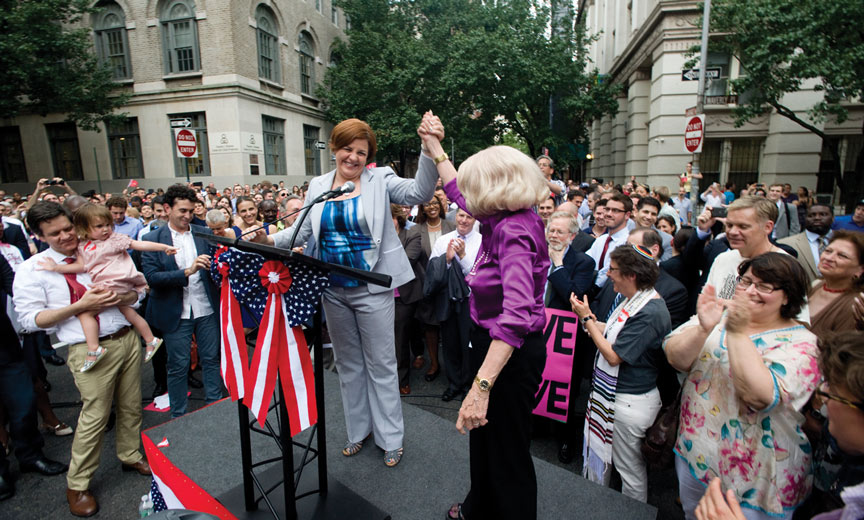
Lately, Quinn has been in the news for another reason. In response to actress and activist Cynthia Nixon’s announcement of her candidacy for governor of New York, Quinn was quoted in a New York Post interview as saying, “Cynthia Nixon was opposed to having a qualified lesbian become mayor of New York City. Now she wants an unqualified lesbian to be the governor of New York. You have to be qualified and have experience. She isn’t qualified to be the governor.” Nixon has made some political hay out of the comment, even creating “Unqualified Lesbian” campaign paraphernalia. Says Quinn, “I was trying to make a funny comparison between two gay women in politics. Obviously that failed. But I stand by my statement that Cynthia Nixon is unqualified to be governor of New York. In order to be good at it, you need experience and managerial skills, and it takes a certain level of policy knowledge that she is simply lacking. New York is the world’s 17th largest economy with issues, challenges and opportunities that extend way beyond her experience.” She continues, “My comparison was between Cynthia and myself, which came out, shall we say, un-artfully.” On the other hand, Quinn is vocal in her support for Governor Andrew Cuomo. “At the end of the day, my support for Governor Cuomo is rooted in his very real, progressive record and platform. I just am not sure what Cynthia Nixon’s candidacy is rooted in.” She cites Cuomo’s lead role in passing marriage equality in New York, as well as the fact that he banned fracking, passed the SAFE Act and Family Medical Leave, increased the minimum wage to $15, helped close Indian Point, and worked to promote free education for families making less than $100,000. “The bottom line is that I wouldn’t have been able to have my father walk me down the aisle or to marry my wife Kim, without the governor’s hard work, and that goes for thousands of LGBTQ couples across New York. He has shepherded policies that we care about, from transgender protections to policies that have very real effects on LGBTQ youth.”
Cuomo’s policies have also had a direct impact on her work at WIN. “Governor Cuomo has dedicated an extraordinary amount of time and effort during his career to fighting homelessness and building affordable housing: look at his 20-plus-year record, which includes running Housing and Urban Development (HUD) for President Clinton.” When it comes to New York’s homeless, last year Cuomo successfully secured $20 billion in state funding for a housing plan that Quinn says will support shelter programs and create thousands of supportive housing units. She says, “His efforts have a direct impact on what we are trying to do at WIN, which is to break the cycle of homelessness for women and their children.”
Quinn arrived at WIN in 2015 with a mission in mind: to raise public awareness through media attention, which would translate into the ability to change policy in the halls of government. She and her team started a campaign dubbed “the Forgotten Face of Homelessness.” “If you asked ten people on the street, including me, ‘Who is homeless in New York?’ they would have said, ‘Single men of color.’ They might also have said, ‘Single men of color who beg and are scary.’ Why? Because those are the images that the media uses to create a wedge between New Yorkers and the homeless. The fact is that 70 percent of people in shelters last night were families with children. Twenty-five percent were five years of age and younger.”
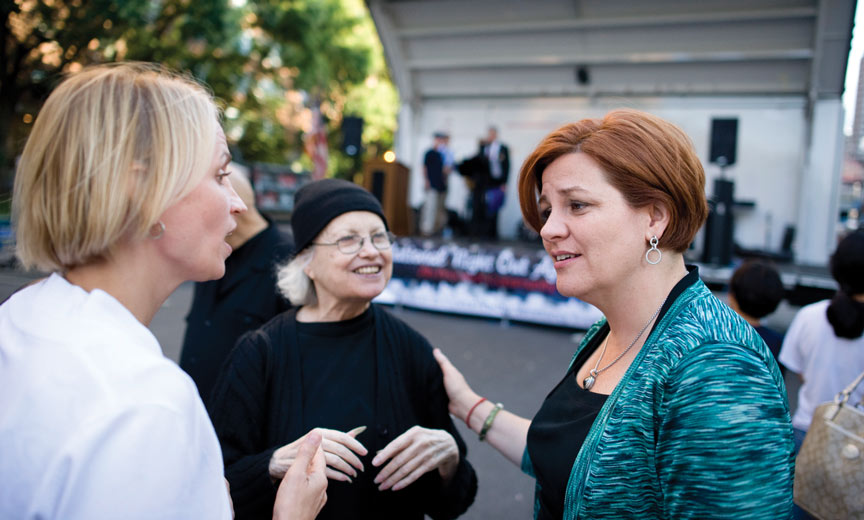
Now she’s on a roll. “Who is homeless in New York? Single mothers. Families. That person sitting next to you on the subway that you think is going off to work? They are going off to work but the difference between you and them is they aren’t going home afterwards, they are going to a shelter.” Quinn knows the fight to change these misperceptions will be long, but she also believes it is necessary, and she is proud of the work she and her team have done so far. “We pushed Mayor de Blasio to make a public commitment to open new shelters and that 40 percent of those shelters will be for families. We needed the city to get out of the clusters, which they have done,” she says — referring to sheltering the homeless in privately-owned apartments, “and to get out of the homeless hotels, which they are committed to do. We are opening a new shelter in Neptune in Coney Island. My goal at WIN is, however many units we have in shelter, we need to have 30 to 40 percent in supported housing. Now we have 33 new units in East Harlem of permanent supported housing, and a new building coming this year in Brooklyn that will be the largest supported housing building in the country.”
To those who say, ‘Not in my back yard,’ she has a message: “Get over it.” She’s fired up. “You don’t want it in your back yard. I’ve had those feelings myself, and I regret having had them in my legislative career. Getting over it is not easy, but we have no choice.” She adds, “If you are okay with being a city that has 62,000 people in shelter, 25 percent under five years of age, and the majority having been in shelter once or twice before, then fine. NIMBY away. But if you are not; if you think it is a shame, and a stain on the record of this city that we are allowing children to grow up in shelters and in unstable housing, if you think that is reprehensible and not what this city is about, then you have to find places that you support in your neighborhood. In every neighborhood.” She offers an example. “We just took over a hotel in Sheepshead Bay, making it a full shelter, and the neighbors are grateful. They told us they tried to do a holiday party for the residents for years and were not allowed. There were no services. They are thrilled that there are actual services coming in. That won’t happen everywhere. But we still have to try.” It’s always a balancing act, she admits: “If you want to be loved by everyone, this isn’t the job for you.”
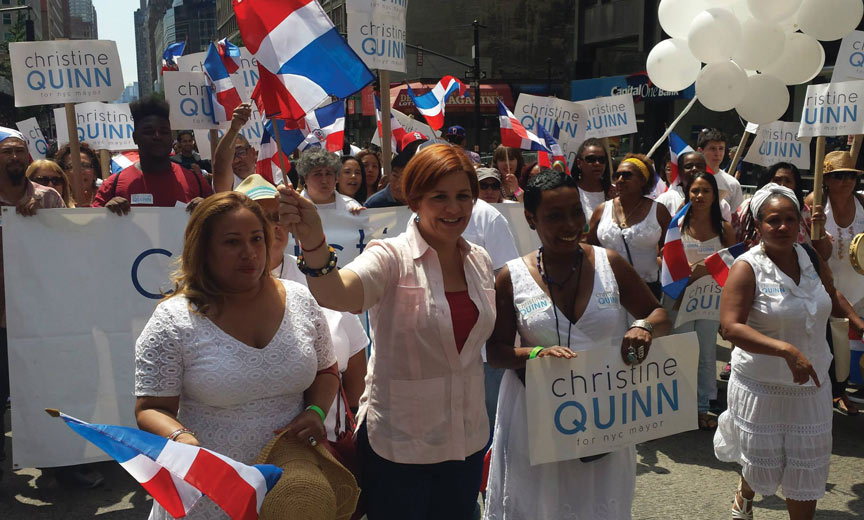
One of the top reasons for homelessness among women and children is domestic violence, which frequently manifests in gun violence, and Quinn wants to reinforce the point that today’s hot button issues, from #MeToo to #NeverAgain are interconnected and affect every community. “We are seeing a mobilization of people who are pissed off and speaking out in a way that is making history. The Trump era has energized the grass roots of America, and not one single set of grass roots. It’s about women’s rights, civil rights, sexual assault, domestic violence, gun control, immigration, transgender people in the military, the environment, LGBTQ rights; the list goes on and on. People are sad. They are disappointed. They are angry. But they aren’t taking this lying down.” She muses, “These are groups who have repeatedly been told to sit down and be quiet by the people in power, and they have finally reached a breaking point. I’m with them.” She is impressed, but not surprised by the strength of the new generation of activists. “The Parkland students have grown up in a world where mass shootings are a regular occurrence and ‘thoughts and prayers’ are the remedy. So I don’t think it’s a surprise to hear they’ve had enough and are taking to the streets and cutting through the noise to directly address those in power in a way that’s transformative.” She continues, “Gun violence does not discriminate. This crisis affects people from all walks of life, no matter their age, race, religion, sexual orientation, or political ideology. The Parkland kids are right not to whitewash the conversation; including voices from every community is the only way to build a national consensus. That’s especially true in urban communities. At WIN we see this every day – many families in our shelter facilities have experience with this issue, and supporting them means finding a way to say #NoMore once and for all.”
The fight for LGBTQ rights affects Quinn deeply, and is a theme that runs through everything she does. “Before Council, I ran The Lesbian and Gay Anti-Violence Project. My life has been focused on civil rights and equality for vulnerable communities, particularly for the LGBTQ community.” She is proud of the marriage equality fight, but says, “There are places in America where a same-sex couple can get married on Saturday and be fired for it on Monday — and that’s unacceptable. And we need to fight for and protect the rights of our transgender brothers and sisters, including young people and students.” She adds, “If this administration has shown us anything, it’s how quickly these hard earned rights and victories can be taken away. No other group today is more ignored by society, or neglected, mistreated, and targeted by Republicans and a resurgent right wing. It is critical that we pay special attention to states where right wing legislators are chipping away at LGBTQ advances made over the last decade. And it’s critical that we fight for them every step of the way.”
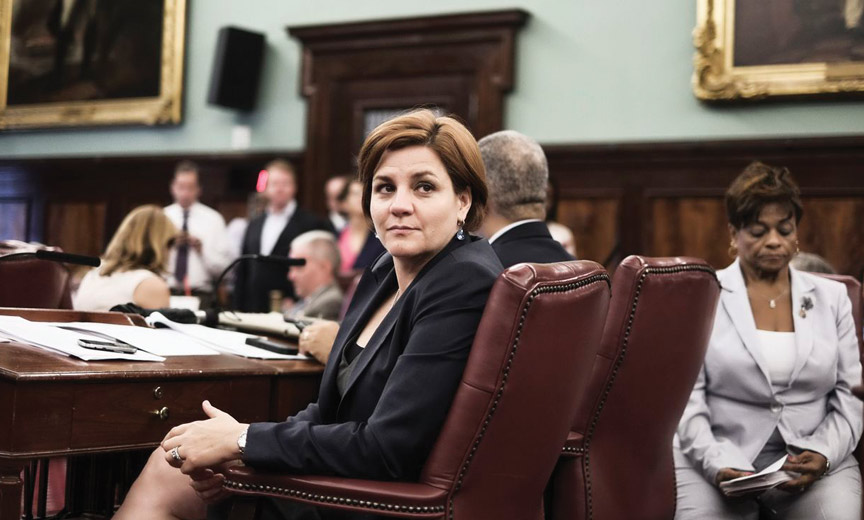
Is Christine Quinn despondent over the current state of the union? “The world is changing, but change will not be quick and it will not be easy. These problems seem insurmountable. That is what the perpetrators want us to think.” She pauses for a moment to reflect. “Some things are bigger to climb, harder to climb, wider to climb. All it means is that you need more people and more help to do the climbing. Nothing is actually insurmountable in this world.”
Want Metrosource LGBTQ content notifications? Sign up for MetroEspresso.
Last modified: May 22, 2019

